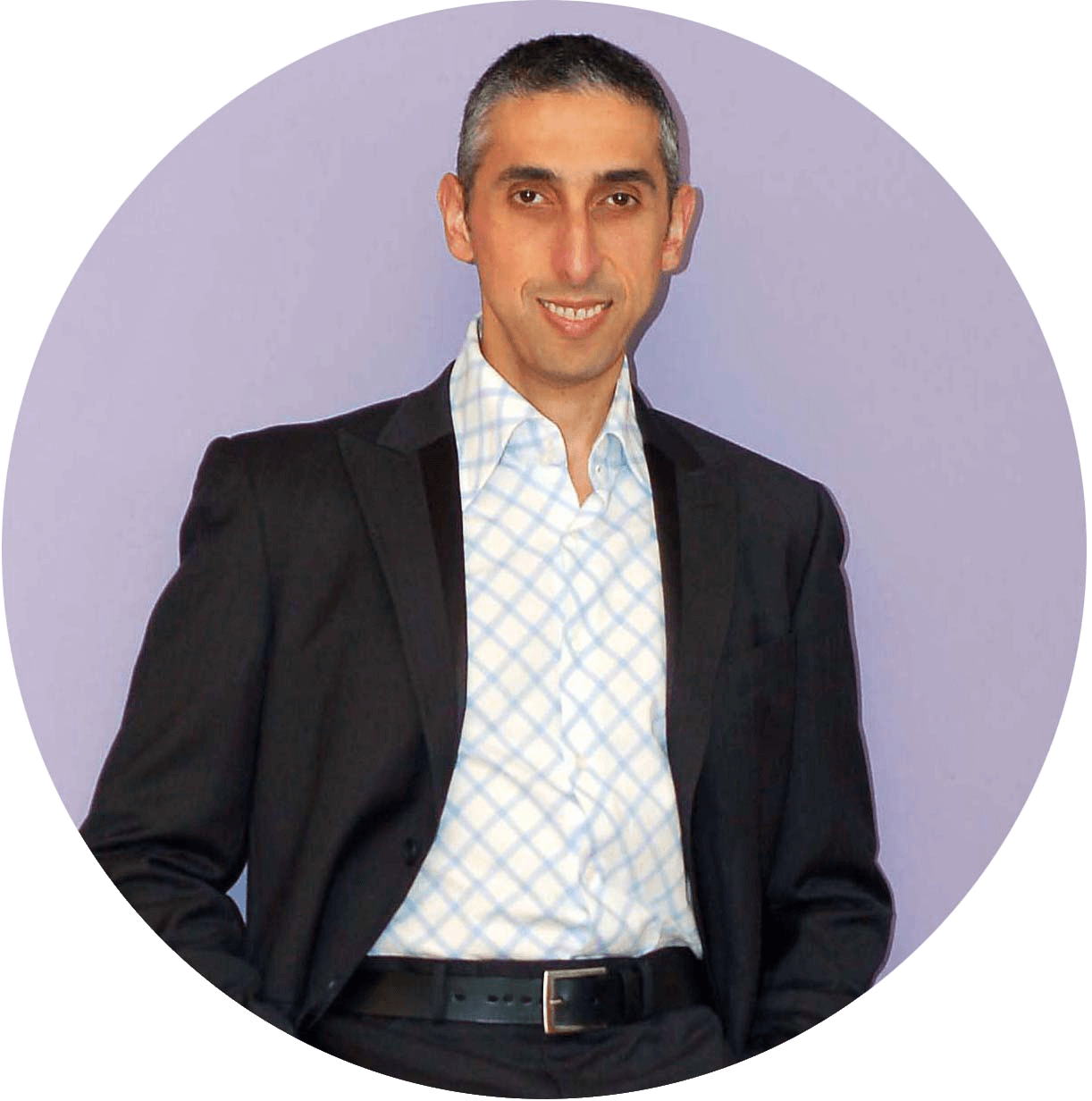Small Continuous Improvements
“Perfection is not attainable. But if we chase perfection, we can catch excellence.”—Vince Lombardi
The smallest step towards your goals can lead to your greatest breakthroughs. Yes, I realise you’ve heard this message before, however have you ever contemplated its significance? We all want to achieve our goals and highest aspirations, that’s why you’re reading this article. But few will put in the work to realise success. Only a few will sacrifice their time and energy for weeks, months and sometimes decades to achieve their vision. How about you? Where do you stand in the scheme of things? Have you been labouring away at a goal for a while? Have you experienced any breakthroughs or is it still a work in progress? Don’t despair if you haven’t achieved the success you desire; it may be still coming together.
To improve our life involves attending to the smallest details that show little results initially but lead to the realisation of our goals. Let’s face it, the smallest tasks can be laborious and tedious. Mostly, they are tasks that must be attended to daily, yet many find excuses to skip them because of the boredom involved. How do you feel about this? Are there tasks you dislike doing, yet know they must be done because they contribute to your goals? It is what author Robert Maurer refers to in One Small Step Can Change Your Life: The Kaizen Way as looking for solutions in uncomfortable places: “When life gets scary and difficult, we tend to look for solutions in places where it is easy or at least familiar to do so, and not in the dark, uncomfortable places where real solutions might lie.”
Small continuous improvements lead to achievement. Just like the compound effect, if we focus on slight improvements and constant practice, success may be closer than we think. Now, let me clarify what I mean by success in this context. Success denotes achieving a desirable outcome related to a goal or effort and may not result in an intentional victory. It is what the Stanford Professor of psychology Carol Dweck refers to in her acclaimed book Mindset: The New Psychology of Success as a Growth Mindset vs a Fixed Mindset. I’m certain you’re familiar with the concept, so I won’t go into much detail other than to say, when we have a Growth Mindset, our focus turns to continuous improvement and excellence. These are the building blocks to success, as long as we assess and refine our practices to achieve our desired outcome. Similarly, undesirable outcomes may also be beneficial, providing we learn from them. You no doubt know how the Post-It Note came to be invented? Through a series of accidents, Dr. Spencer Silver, a chemist at 3M, was trying to invent a strong adhesive, but came up with a weak one which became the Post-It Note as we know it.
Be Purposeful And Clear In Your Intentions
“Continuous improvement requires systematic evaluation. Continuous improvement requires unfiltered evaluation.”—Anonymous
In a similar vein, the Japanese are well known for a method called the Kaizen approach which involves small, continuous and incremental improvements to achieve a desired outcome. It involves a process of iterations like many software companies and apps undergo today. If we improve at 1% a day, consider the result of that improvement over 12 months. Few people focus on slight improvements because it can be tedious and rarely delivers immediate results. This same process works in every area of our life, particularly our health and well-being. For example, when was the last time you set out to lose weight and became discouraged by the third or fourth week? Most people abandon their health campaign, preferring to find an easier way that delivers immediate results. But as you know, immediate results don’t translate to long-term efficacy. Author Robert Maurer reminds us once more that the Kaizen principle is not something to be forgotten, but used often in our daily tasks: “Try to see Kaizen as a process that is never done. Don’t put it in a drawer, forgotten, once your goal has been reached. Kaizen invites us to see life as an opportunity for continuous improvement, for ever-higher standards and expanding potential.”
If we want to improve our life, we must focus on actions that deliver results, and sometimes these are tedious tasks, which explains why many people abandon them. If we set out to pursue a goal, then continuous improvements is something we must consider. The goal is much too important to leave to chance, and we must give it life by attending to the smallest tasks. Equally, we ought to focus on the personal growth that takes place within us while pursuing our goals. Success is of little value if we have worked hard to achieve it and are unfulfilled once attained. So be purposeful in your intentions towards your goals. If you work towards it with a concerted effort, success may be closer than you think.

Are You Ready to Transform Your Life with Confidence?
Are you ready to transform your life and unlock your potential? Start your journey with me today! My Life Coaching Program has empowered many to achieve lasting change. Schedule your FREE 30-minute consultation now and take the first step towards a brighter, more confident you.
Tony Fahkry
Expert Life Coach















